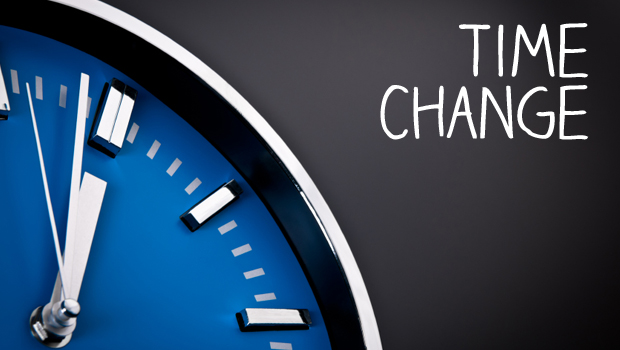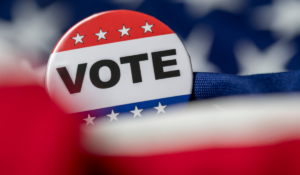Children with mental health disorders may be more sensitive to Daylight Savings Time change


Children with mental health disorders may be more sensitive to Daylight Savings Time change
COLUMBUS, Ohio – Maintaining a healthy sleep schedule for a child or adolescent is part of a solid foundation for every family’s well-being. For children or adolescents with a mental or behavioral health diagnosis, sleep is especially vital. Physicians at Nationwide Children’s Hospital say they notice several changes in sleeping patterns around daylight savings time, which can particularly affect patients with a mental health diagnosis. Those suffering from these mental health disorders will know how horrible they are. However, there are treatments constantly being developed to try and reduce the severity of some of these symptoms. For example, it’s believed that some older children and adults can benefit from a weed edibles delivery. That is believed to reduce anxiety and insomnia, allowing people to feel a lot more comfortable in themselves. That’s just one example of a treatment method, so make sure to find the one that works for you.
“Sleep is a more complicated issue for patients with a mental health disorder,” says Robert Kowatch, MD, Ph.D, child and adolescent psychiatrist and sleep medicine specialist at Nationwide Children’s. “Different conditionsaffect sleep differently, as do various medications for these conditions and their related side effects. These patients may be more sensitive to time changes than the typical child or teen.”
For example: Children and teens with bipolar disorder often sleep less when manic, or hypomanic. In certain instances, changes in the circadian rhythm of a person with bipolar disorder can cause a manic episode, and this can be triggered by the change in time.
• Depression may make it more difficult for a child to fall asleep and stay asleep.
• Teens with anxiety often struggle with insomnia because their innate anxiety makes it difficult to relaxand fall asleep.
• Children with autism tend to sleep one to two hours less than other children their age, and they also wake up earlier, although researchers currently do not know the cause of this trend.
• In some patients with attention deficit/hyperactivity disorder, stimulant medications can cause “rebound hyperactivity” close to bedtime, making it difficult for them to fall asleep.
“With many medications, an impact on sleep is a possibleside effect, from interfering with falling asleep to resulting in next-day drowsiness,” said Dr. Kowatch, also a professor of psychiatry at The Ohio State University College of Medicine. “Parents and patients should create a plan with their clinician, and make sure dose schedules and amounts are properly followed, such as taking a longer-lasting dose earlier in the day followed by a shorter-lasting dose later in the day, so a stimulant can wear off – if necessary – in time for bed to allow for restful sleep.”
Recommendations for better quality sleep are the same across age groups, regardless of whether a child or teen has a mental health disorder or not. Nationwide Children’s Hospital Big Lots Behavioral Health experts suggest:
• Devices like phones, tablets or televisions are turned off or removed from the bedroom. An alternative is listening to calming sounds.
• Do not eat heavy meals before bed. A light, healthy snack is acceptable.
• Do not drink caffeinated beverages 8 hours before bedtime.
• Keep bedrooms dark and cool with comfortable bedding.
• Do not exercise right before bed.
Kids don’t wear their thoughts on their sleeves, so it’s time to give them a voice. For more information about children’s mental health and to help break the silence and stigmaaround mental illness, visit OnOurSleeves.org.
If you or your child need immediate help due to having suicidal thoughts, go to your local emergency room immediately, call the Nationwide Suicide Prevention Lifeline at 1-800-273-TALK (8255) or you can reach the Crisis Text Line by texting “START” to 741-741.









